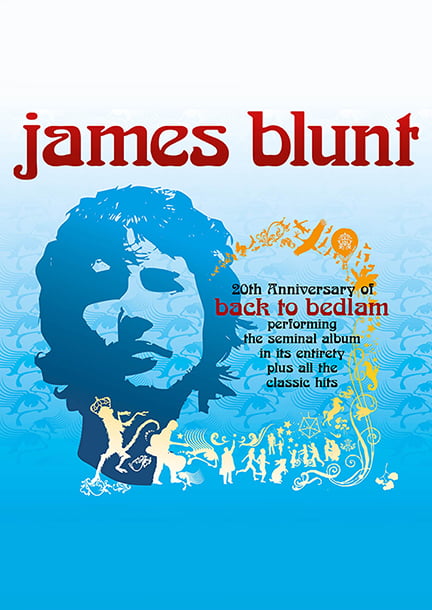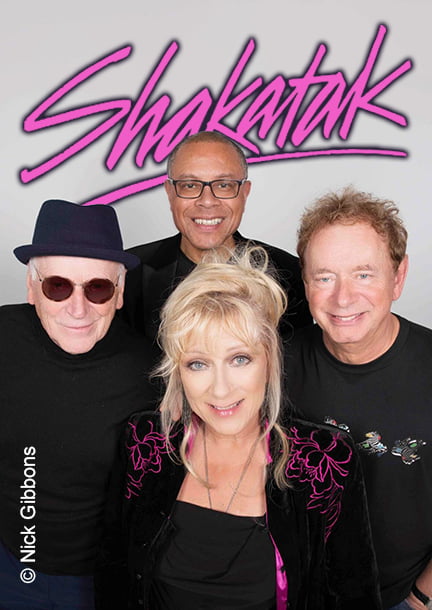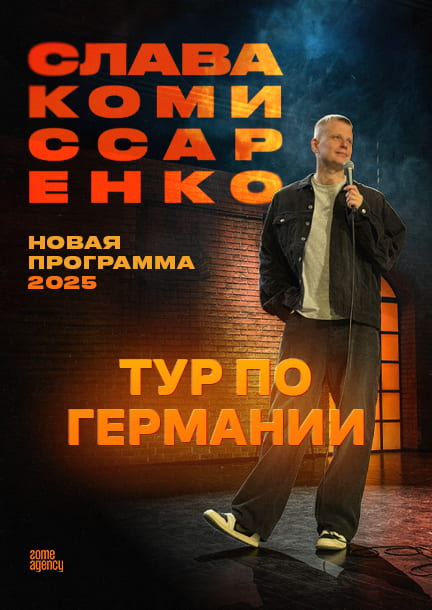Menu
City
- Valladolid
- Aachen
- Alicante
- Altötting
- Amsterdam
- Ansbach
- Antwerpen
- Aschaffenburg
- Augsburg
- Bad Homburg
- Bad Nauheim
- Bad Schwalbach
- Bad Soden-Salmünster
- Bad Wörishofen
- Barcelona
- Basel
- Berlin
- Bern
- Bialystok
- Bielefeld
- Bochum
- Bologna
- Bonn
- Bratislava
- Bremen
- Brno
- Brussels
- Bucharest
- Budapest
- Budva
- Chemnitz
- Copenhagen
- Cottbus
- Detmold
- Dortmund
- Dresden
- Dübendorf
- Duisburg
- Düsseldorf
- Emmen (Lucerne)
- Erding (München)
- Erfurt
- Euskirchen
- Frankfurt am Main
- Frechen (Köln)
- Freiburg
- Freudenstadt (Schwarzwald)
- Friedrichshafen
- Fürth
- Gdansk
- Genève
- Gera
- Gießen
- Gifhorn
- Groningen
- Halle (Saale)
- Halle (Westfalen)
- Hamburg
- Hamm
- Hanau
- Hannover
- Heilbronn
- Helsinki
- Hilden
- Homburg (Saar)
- Horgen (Zürich)
- Horn-Bad Meinberg (Detmold)
- Idar-Oberstein
- Idstein
- Ingelheim am Rhein
- Ingolstadt
- Jena
- Karlsruhe
- Kassel
- Koblenz
- Köln
- Krakow
- Krefeld
- Langenhagen (Hannover)
- Leer
- Leipzig
- Lisbon
- Lübeck
- Ludwigsburg
- Lüneburg
- Luxemburg
- Madrid
- Mannheim
- Marburg
- Memmingen
- Milano
- Mönchengladbach
- Mülheim an der Ruhr
- München
- Münster
- Mutterstadt
- Neu Ulm
- Neu-Isenburg
- Neumarkt in der Oberpfalz
- Neuss
- Norderstedt (Hamburg)
- Nürnberg
- Oberhausen
- Offenbach
- Osterburken
- Ostrava
- Paris
- Porto
- Poznan
- Praha
- Reutlingen
- Roma
- Rostock
- Rotterdam
- Saarbrücken
- Salzburg
- Schaan
- Schwäbisch Gmünd
- Schwetzingen
- Siegburg
- Singen
- Sofia
- Stade
- Starnberg
- Stockholm
- Straubing
- Stuttgart
- Tallinn
- Trier
- Ulm
- Valencia
- Vechta
- Waldkraiburg
- Warszawa
- Weinheim
- Wien
- Wroclaw
- Wuppertal
- Würzburg
- Zürich
- Zwickau
+49 30 7871 2860
Sign in
Mon - Fri 9:00 to 18:00







